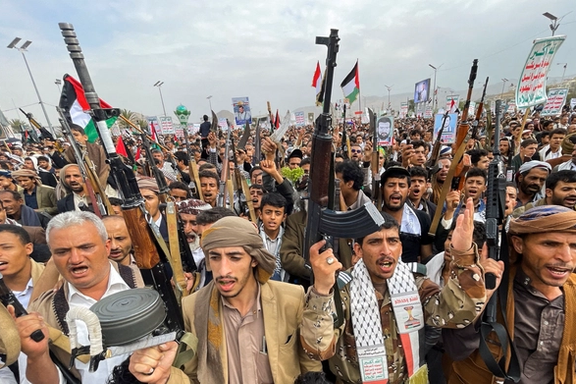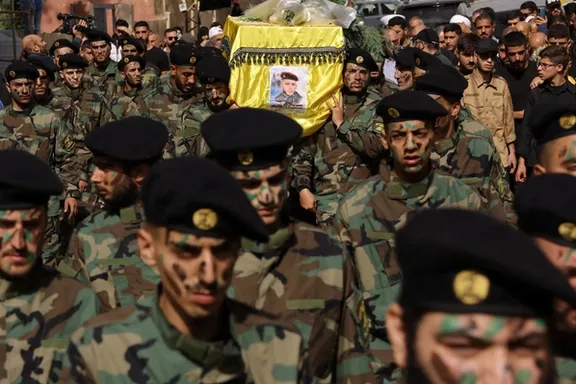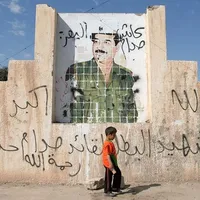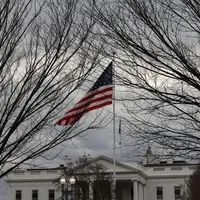Ahmad Baledi had suffered burns to 70 percent of his body and died in Ahvaz's Taleghani hospital.
The Karun Human Rights Organization which documents rights abuses in the province earlier reported that municipal workers from District 3 arrived at the kiosk in Zeytoon Park without prior notice and sought to demolish.
On Tuesday, Baledi’s father Mojahed told the Tehran-based Ham-Mihan newspaper he had gone to the municipal office that morning to ask for an extension until after his late mother's memorial but was told the shop “must be demolished today.”
He said his son had entered the street stall in front of a kebab restaurant and shut the electric doors behind him when authorities cut power, leaving him inside. Ahmad began dousing himself with fuel, he added, as his mother pleaded to intervene.
“One of the municipal agents mocked him, asking, ‘Should I give you a lighter? Matches?’” he said. “When one of them pulled his mother away, Ahmad lit himself on fire. Firefighters opened the door only after the flames spread.”
Videos shared on social media appeared to show a small crowd of bystanders crowding the area as fire extinguishers were deployed.
Ahvaz prosecutor Amir Khalafian said earlier that the municipality had ignored judicial instructions and acted “unilaterally and at an inappropriate time” during the demolition, adding that both the district mayor and the municipal enforcement chief are suspended from their duties until the investigation concludes.
Iranian lawmaker Mohammad Amiri, who represents Ahvaz, also criticized the city’s management following Baledi’s death. “Hiring practices in Ahvaz Municipality are based on personal connections rather than regulations,” he said. “This has become a serious management problem.”
Pezeshkian orders probe into case
President Masoud Pezeshkian on Tuesday ordered the interior minister to convey his condolences to Baledi's family and to formally investigate the case.
According to the presidential website, Pezeshkian has instructed the interior minister to immediately establish a special committee to probe the incident, ensure swift and firm action against those responsible, prevent similar cases in the future and take steps to console Baledi’s family and help ease their suffering.
Three citizens — identified as Hassan Salamat, Javad Saedi, and Seyed Sadegh Al-Bushoukeh — were arrested for writing about Baledi’s case on social media, according to the US-based Iranian civil society platform Tavaana.
The group said security forces have heavily restricted access to Taleghani Burn Hospital in Ahvaz and prevented people from gathering near the facility.
Earlier Khalafian had said that arrest warrants were also issued for three individuals "who sought to create tension and unrest on social media," adding that they have been released on bail.
Baledi's death had sparked protests in Ahvaz, with demonstrators calling for accountability for his death. The swift official response suggest authorities are seeking to draw a line under the case before it sparks broader unrest.
The incident comes amid deepening economic hardship in Iran, where soaring joblessness and inflation have pushed many households into street vending, peddling, and other informal work to survive.
The self-immolation echoes that of Tunisian street vendor Mohamed Bouazizi, who had been frustrated the confiscation of his wares by police. His case helped ignite the Arab Spring uprisings in 2011.
Street protests erupted in Iran in 2022 after a young woman, Mahsa Amini, died in morality police custody. Authorities quashed the demonstrations with deadly force.















